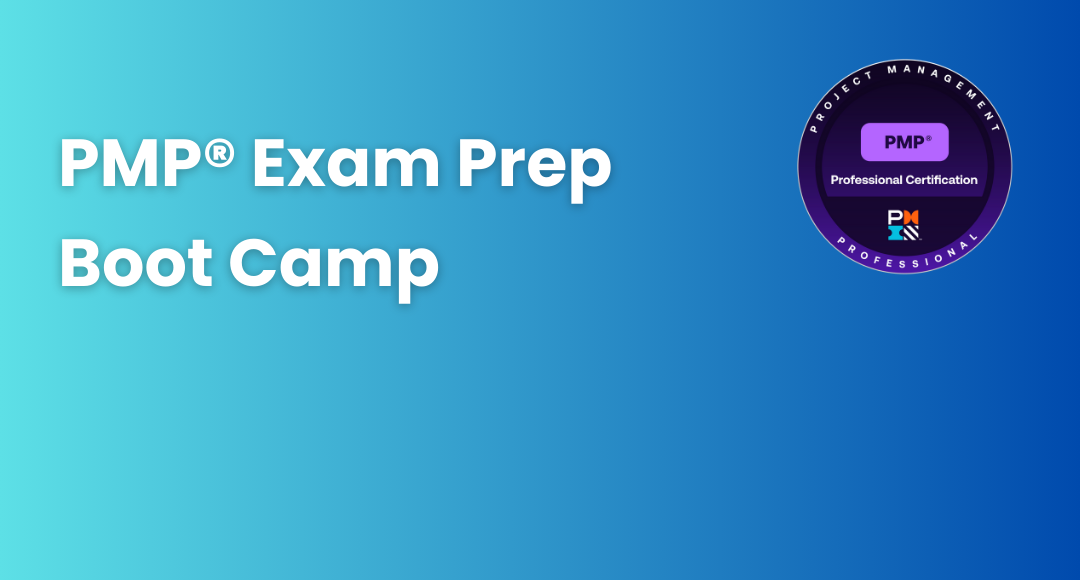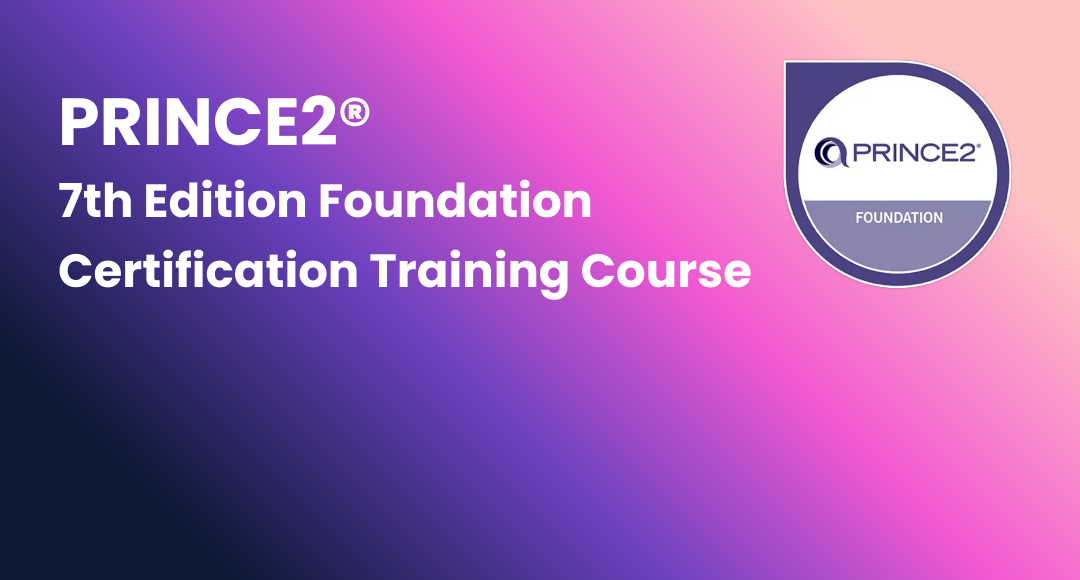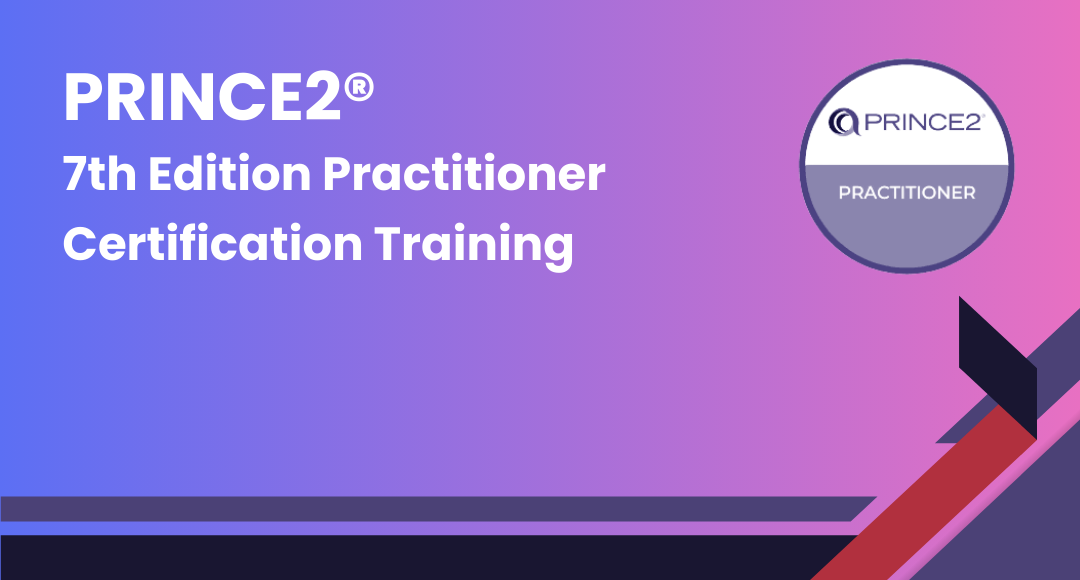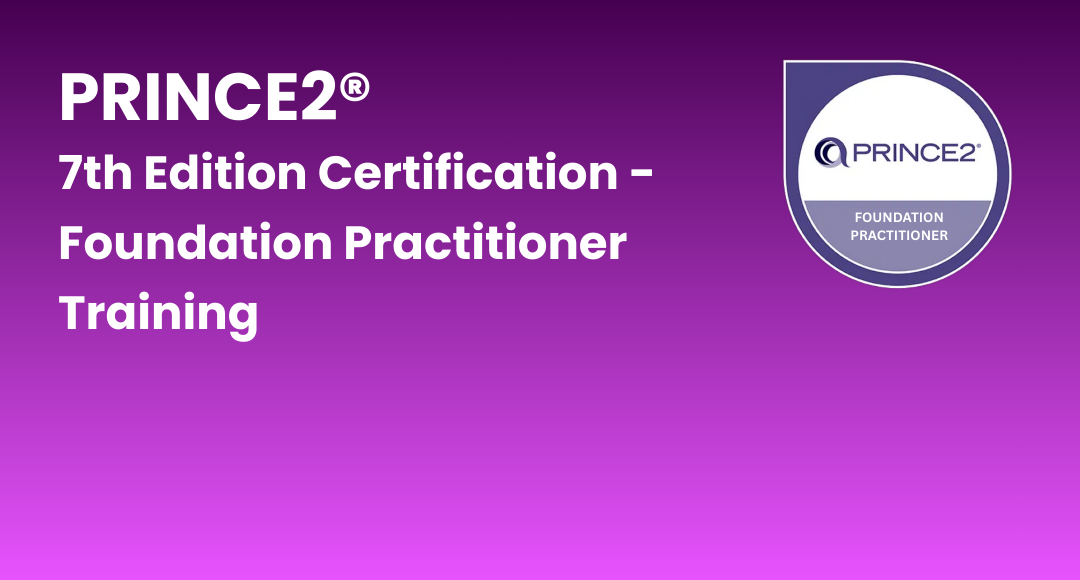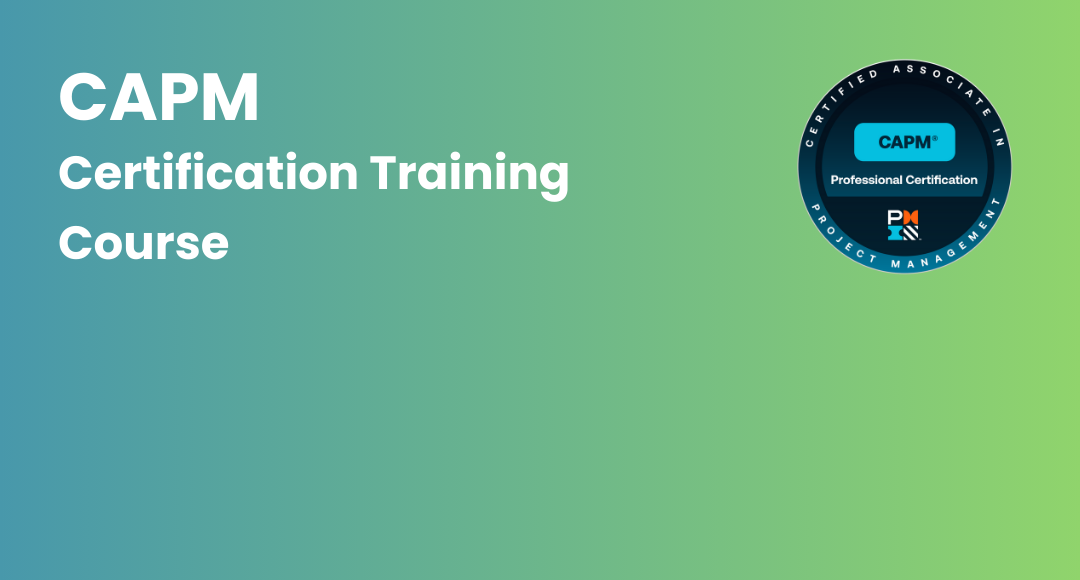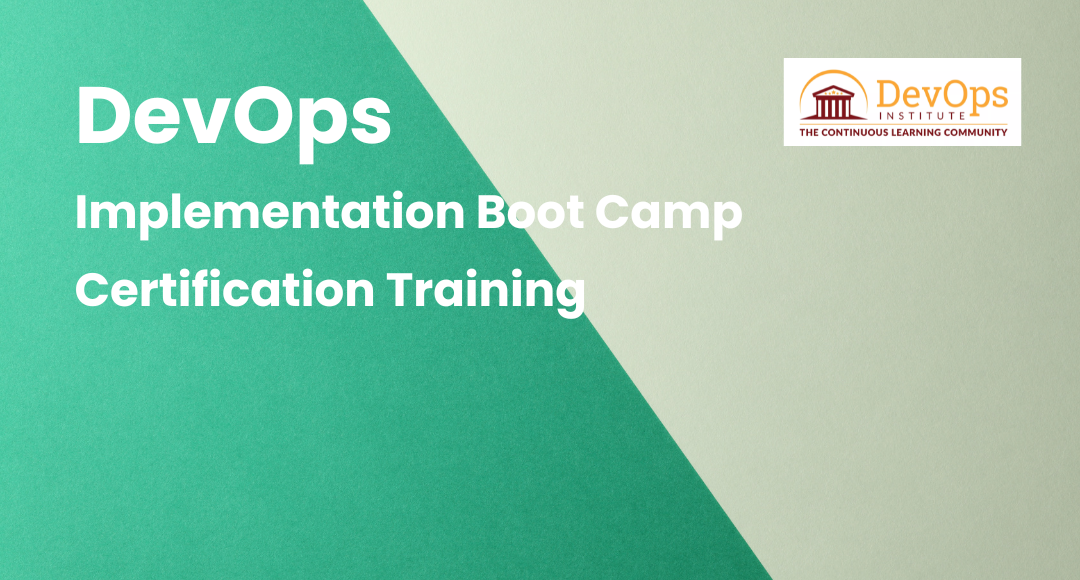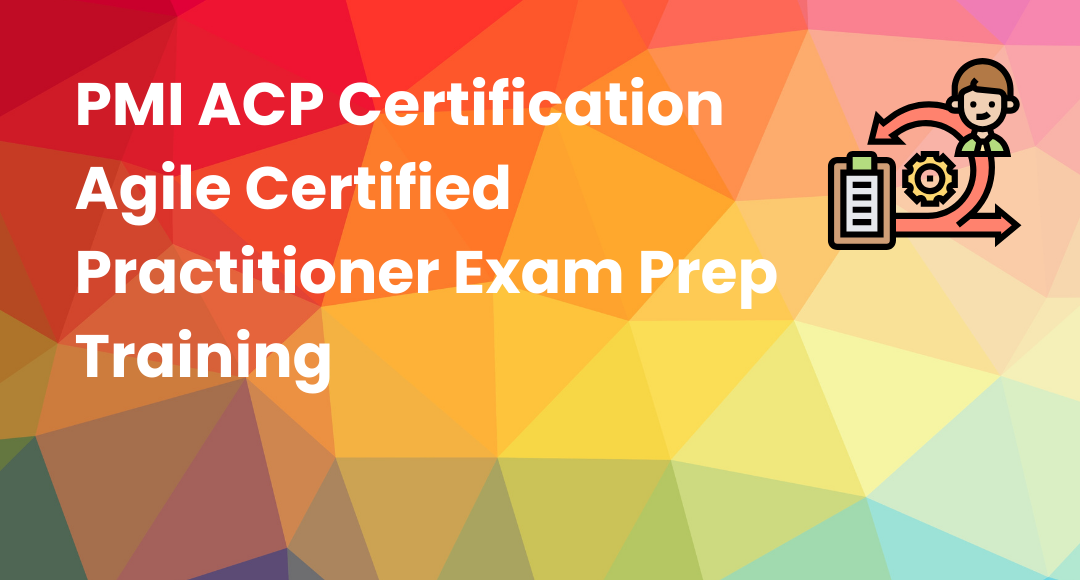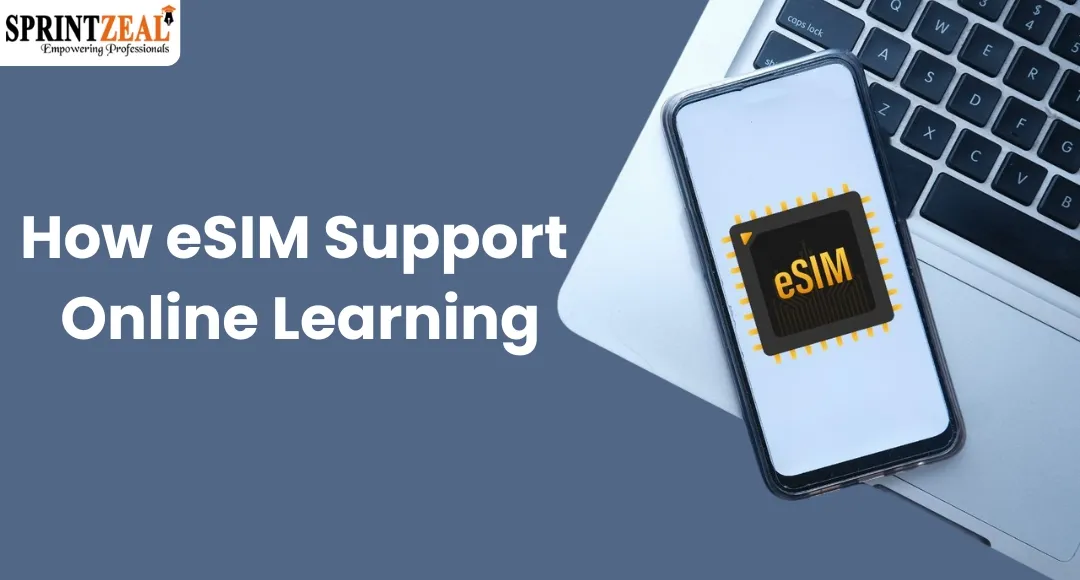Steps to Take After an Occupational Illness Diagnosis
-
 By Sprintzeal
By Sprintzeal
- Published on May 20 2025

Most people don’t expect their job to harm their health. They show up, work hard, and go home—trusting that the environment around them is safe. But sometimes, the impact builds slowly. You may notice unusual symptoms. Then, after a few tests, you’re told something serious: your illness is tied to where or how you’ve worked.
That’s when real questions begin. How did this happen? Who’s responsible? What can I do now? It’s a lot to process. While doctors take care of your treatment, there are other steps that need your attention. Knowing where to begin makes things less stressful. This article will walk you through the actions you should consider after getting a work-related diagnosis.
Table of Contents
Understand the Details of Your Diagnosis
First, get a clear explanation from your doctor. Don’t settle for general answers. Ask what the illness is, what likely caused it, and if it’s known to come from workplace exposure. The more information you have, the more confident you’ll feel in the steps ahead.
Also, ask for written records—your test results, diagnosis reports, and any treatment plans. If more than one doctor is involved, request their notes too. Keep these documents organized. You may need them later for legal, insurance, or workplace communication.
Inform Your Employer in Writing
If you suspect the illness is connected to your job, notify your employer as soon as possible. Put it in writing. Keep a dated copy for yourself.
You don’t need to share every detail of your medical condition, but mention the diagnosis and that it may be linked to your work. Let them know when your symptoms began and how they relate to your job role or exposure on the job site. This simple step creates a record, which can be helpful later if there’s any dispute or delay.
Document Where and How You Were Exposed
Next, list out your job history—roles, responsibilities, and any hazardous conditions you remember. Think back to tasks that involved chemicals, dust, poor ventilation, or faulty protective gear. Include dates, departments, and even supervisor names if you can.
Also, try to gather proof. This could be old emails, safety training notes, photos, or conversations you had about risks. If coworkers experienced similar symptoms, that’s worth mentioning, too. All of this builds your case if you decide to pursue legal or compensation options.
Speak to a Lawyer Early in the Process
It’s easy to put this off. Many people do. But waiting too long can hurt your chances later. Each state has deadlines for filing claims, and paperwork requirements vary. A legal professional can explain what to do based on your situation.
Try to find someone with experience in this specific area. For example, if you’re dealing with asbestos exposure, you’ll want a mesothelioma attorney who understands how such cases work. This is because such lawyers will only focus on exact claims and can help patients act fast while the evidence is still fresh. Remember, getting legal advice early makes it easier to handle what comes next.
Look Into Workers’ Compensation
Most states allow you to file for workers’ compensation if your illness is job-related. It doesn’t require you to prove fault, but you do need documentation.
Check your state’s rules and deadlines. Usually, you’ll need electronic medical records, proof of your job, and an explanation of how your illness connects to work exposure. If approved, the benefits may cover your medical costs, part of your lost income, and travel for treatment.
Keep in mind workers’ comp doesn’t always pay for everything. But it’s often the first and fastest route to some financial support.
You May Have a Separate Legal Claim
In some cases, the exposure that caused your illness came from an outside party—a chemical supplier, a machine manufacturer, or even a property owner. If that’s true, you might have grounds for a third-party claim. This is different from workers’ comp and can provide additional compensation.
These claims involve more investigation and legal steps. That’s another reason to connect with an attorney early. They can check if your case qualifies and guide you through the process without making it harder than it needs to be.
Organize All Your Documents
As things progress, you’ll collect a lot of papers: medical updates, insurance forms, emails, legal letters, and more. Don’t let them pile up without order.
Use folders—physical or digital—to group documents by topic or date. You’ll thank yourself later when you need to check something quickly. This also makes things easier for your lawyer, especially if you’re building a claim or applying for benefits.
Keep everything—even items you’re not sure are useful. It’s better to have too much than to be missing something when it matters.
Final Thoughts
When an illness is tied to your job, you don’t have time to wait and wonder what to do next. Start with the basics: get your facts straight, tell your employer, and find someone who can help with the legal side. If you’re eligible for compensation, early action can speed up the process. So, speak up, stay organized, and use the support that’s out there.
Popular Programs
CAPM® Certified Associate Project Management
Live Virtual Training
- 4.7 (962 + Ratings)
- 7k + Learners
Trending Posts
Latest NLP Interview Questions & Answers 2026 updated
Last updated on Sep 9 2025
Guide to Data Protection - Essentials and Best Practices
Last updated on Mar 27 2023
Top 11 Highest Paying Jobs Globally 2026
Last updated on Dec 4 2025
Strategies to Build Productive Construction Teams
Last updated on Feb 26 2026
How eSIM and Virtual Phone Numbers Support Online Learning and Career Growth
Last updated on Feb 17 2026
How to Negotiate a Salary Offer: Your Path to Financial Success
Last updated on Jul 17 2023
Categories
- Other 83
- Agile Management 49
- Cloud Computing 58
- Project Management 175
- Data Science 71
- Business Management 89
- Digital Marketing 88
- IT Service Management 36
- Programming Language 61
- AI and Machine Learning 94
- IT Security 113
- Quality Management 78
- IT Hardware and Networking 28
- Microsoft Program 5
- Workplace Skill Building 15
- Risk Management 10
- Information Security 8
- Leadership and Management 10
- Corporate Training and Development 1
Trending Now
Growing Demand for Certified Professionals and the Importance of Certification
ArticleImportance and Necessity of Mobile Apps For Today's Businesses
ArticleSprintzeal's App And Web Learning System Is Taking Professional Training Experience To New Level
ArticleUnlimited Course Access
ArticleHalloween Special - Best Certification Courses in Just USD 10
Article7 Outstanding Benefits of E-learning for Busy Employees
ArticleCoronavirus Latest Update and News | Psychology behind coronavirus urgency
ArticleCoronavirus Outbreak – Invest in your Career and Spend time Being Productive
ArticleSprintzeal on COVID-19 Outbreak and Updates in Services.
ArticleBest cybersecurity certifications in 2026
ArticleIT Skills in Demand 2026
ArticleTop Jobs in 2026 - Explore Trending Career Options
ArticleTop Angular Interview Questions and Answers 2026
ArticleKafka Interview Questions and Answers 2026
ArticleTop 5 Professional Career Courses to Consider after Graduation
ArticleTop Trending Professional Certifications to Get in 2026
ArticleBest Certifications for Trending Jobs in 2026
ArticleIT Certifications List – Most Popular Certifications in 2026
ArticleTop Technology Trends in 2026
ArticleBest Paying Jobs in Technology
ArticleCertifications that Pay Well in 2026
ArticleTop 10 Certifications to Boost Your Career in 2026
ArticleGuide to Data Protection - Essentials and Best Practices
ArticleHow to Accept a Job Offer Like a Pro
Article5 P's of Job Hunting: The 5 Pillars of Job Hunting for Success
ArticleHow to Negotiate a Salary Offer: Your Path to Financial Success
ArticleSTAR Interview Method: How to Use It & Ace Interviews
ArticleLatest Software Developer Salary Trends - 2026
ArticleWhy is Sprintzeal Training the Right Choice for Your Career?
ArticleBoost Your Career Success in 2026 with These Top ISO Certifications
ArticleThe Downfall of Yahoo | Lessons to Learn
ArticleHow to Capitalize on Immediate Momentum in Trading
ArticleHow Does Adverse Media Screening AI Improve Due Diligence in Finance?
ArticleRitz-Carlton Gold Standard: The Secret Behind Luxury Hospitality
ArticleUpgrade Your Interior Design Company with the Right Tools
ArticleHow to Choose the Best Chaos Testing Tools?
ArticleCustomer Experience (CX): Definition, Importance, and Strategies for Success
ArticleTop 11 Highest Paying Jobs Globally 2026
ArticleWhat are QR Codes? Ways to Scan Them in 2026
ArticleDistance MBA from IGNOU: A Complete Guide with Financial Management Specialization
ArticleResearch Paper Writing Decoded:
ArticleMake the Most from Your Research Paper:
ArticleTop Travel Apps You Need for Your Next Trip in 2026
ArticleBeyond the Books: Why JEE Aspirants Should Consider Short-Term Certifications
ArticleMastering Business Leadership: How an MBA Shapes Your Future
ArticleThe Power of Research in Mastering Certification Course Materials
ArticleExploring 7 AI Therapist Platforms That Are Changing Mental Wellness in 2026
ArticleCocoFinder Review: Conducting People Search Made Simple & Free
ArticleEducation Loan—Your Key To Studying Abroad
ArticleTop 10 online schools and colleges for all your academic dreams
ArticleThis Isn’t Just for Celebrities: Why Regular People Are Turning to Reputation Help
ArticlePractical Tips to Avoid Plagiarism in Exam Prep and Professional Training
ArticleLatest NLP Interview Questions & Answers 2026 updated
ArticleTop Statistics Interview Questions to Help You Prepare
ArticleTop 5 Online Platforms for Getting TEFL Certified in 2026
ArticleHow Professional Certifications Improve Career Growth for Students and Young Professionals
ArticleTop 8 Apps for Efficient Business Communication and Certification Success
ArticleKoke AI Review: A Smarter Way to Manage Citations
ArticleFrom Policy to Practice: Building a Compliance eLearning Roadmap
ArticleThe Real Advantages of Studying at Private Universities Abroad
ArticleThe 3 Best Telehealth Video Conferencing Software for Secure Patient Consultations
ArticleThe 10 Best Online Photo Storage Platforms for Professional Image Archives
ArticleTop Master's in International Hospitality Management Programs
ArticleVoice-of-the-Customer (VoC) - And How it can Build Your Career.
Article8 Leading Energy Technology Trends to Watch in 2026
Article7 Culinary Business Schools Offering Global Industry Access
ArticleTop Caribbean Medical Schools for U.S. Residency Placements
ArticleUnderstanding Mobile Command Centers
ArticleMaking Smarter Decisions About Education
ArticleHigh-Paid Certifications That Employers Value
ArticleHow Financial Literacy Enhances Professional Credibility and Career Growth
ArticleHow a Paystub Generator Online Saves Time and Effort
ArticleHow to Get the Most Out of Your Web Hosting Service
ArticleChoosing the Right Photo Printer for Your Portrait Studio: DNP vs. Dye-Sub vs. Inkjet
ArticleHow eSIM and Virtual Phone Numbers Support Online Learning and Career Growth
ArticleWhy Digital Customer Success Is Key to Predictable Recurring Revenue
ArticleAre E-Signatures Safe for Personal Use?
ArticleHow Financial Literacy Should Be Part of Every College Curriculum
Article7 Telecom Expense Management Solutions for Large Companies
ArticleHow to Convert OST to PST when Outlook is not Opening?
ArticleStrategies to Build Productive Construction Teams
ArticleThe ROI of Professional Upskilling: How to Fund and Secure Your Team’s Digital Transformation
Article